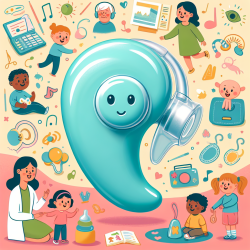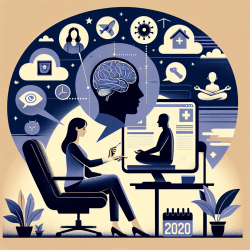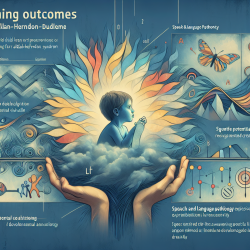Introduction
In the ever-evolving landscape of healthcare, transparency and patient engagement have become pivotal. One such innovation is the concept of "open notes," where patients are granted access to their clinical notes online. This practice, although extensively researched and implemented in various countries, remains a topic of debate, particularly in psychotherapy. A recent study titled "Psychotherapists’ views on open notes: An online survey from Germany" sheds light on therapists' perspectives and the potential implications of open notes in psychotherapy.
The Power of Open Notes
Open notes have been shown to enhance patient autonomy, improve health literacy, and foster better treatment adherence. However, the adoption of open notes in psychotherapy is met with skepticism. According to the German survey, only 23.3% of psychotherapists believed that open notes would improve the efficiency of care. Despite this, there is evidence suggesting that open notes can empower patients by giving them more control over their treatment and helping them remember therapy goals.
Challenges and Concerns
The survey revealed several concerns among therapists. A significant portion feared that patients might misunderstand the notes, feel offended, or approach therapists with questions and requests for changes. Additionally, therapists anticipated a need for more time for documentation and expressed concerns about being less honest in their notes. These apprehensions highlight the need for careful implementation and support for therapists to navigate these challenges.
Opportunities for Improvement
Despite the concerns, open notes present an opportunity for therapists to enhance their practice. By involving patients more actively in their treatment, therapists can foster a stronger therapeutic alliance. Open notes can serve as a tool for reinforcing therapy goals and ensuring that patients have a clear understanding of their progress. Moreover, involving relatives in the process, as suggested by 78.3% of survey respondents, can provide additional support for patients.
Encouraging Further Research
The survey's findings underscore the need for further research to explore the clinical efficacy and feasibility of open notes in psychotherapy. Understanding the perspectives of therapists and patients alike can guide the development of best practices for implementing open notes effectively. By addressing the concerns and leveraging the benefits, open notes can become a valuable asset in psychotherapy.
Conclusion
Open notes have the potential to transform psychotherapy by enhancing transparency and patient engagement. While the German survey highlights valid concerns, it also opens the door to opportunities for improvement. By embracing open notes and conducting further research, therapists can unlock new pathways to better outcomes for their patients.
To read the original research paper, please follow this link: Psychotherapists’ views on open notes: An online survey from Germany.










